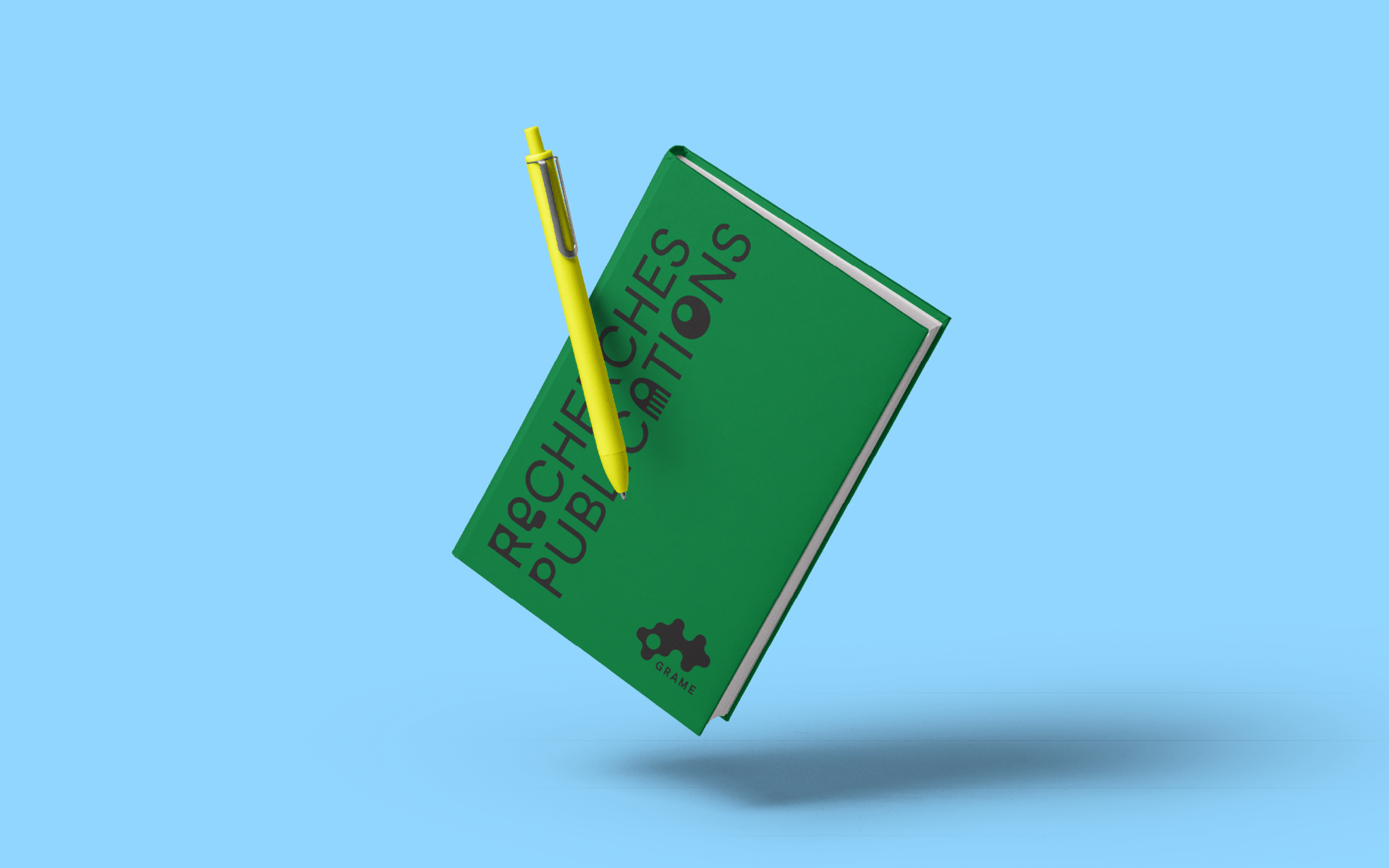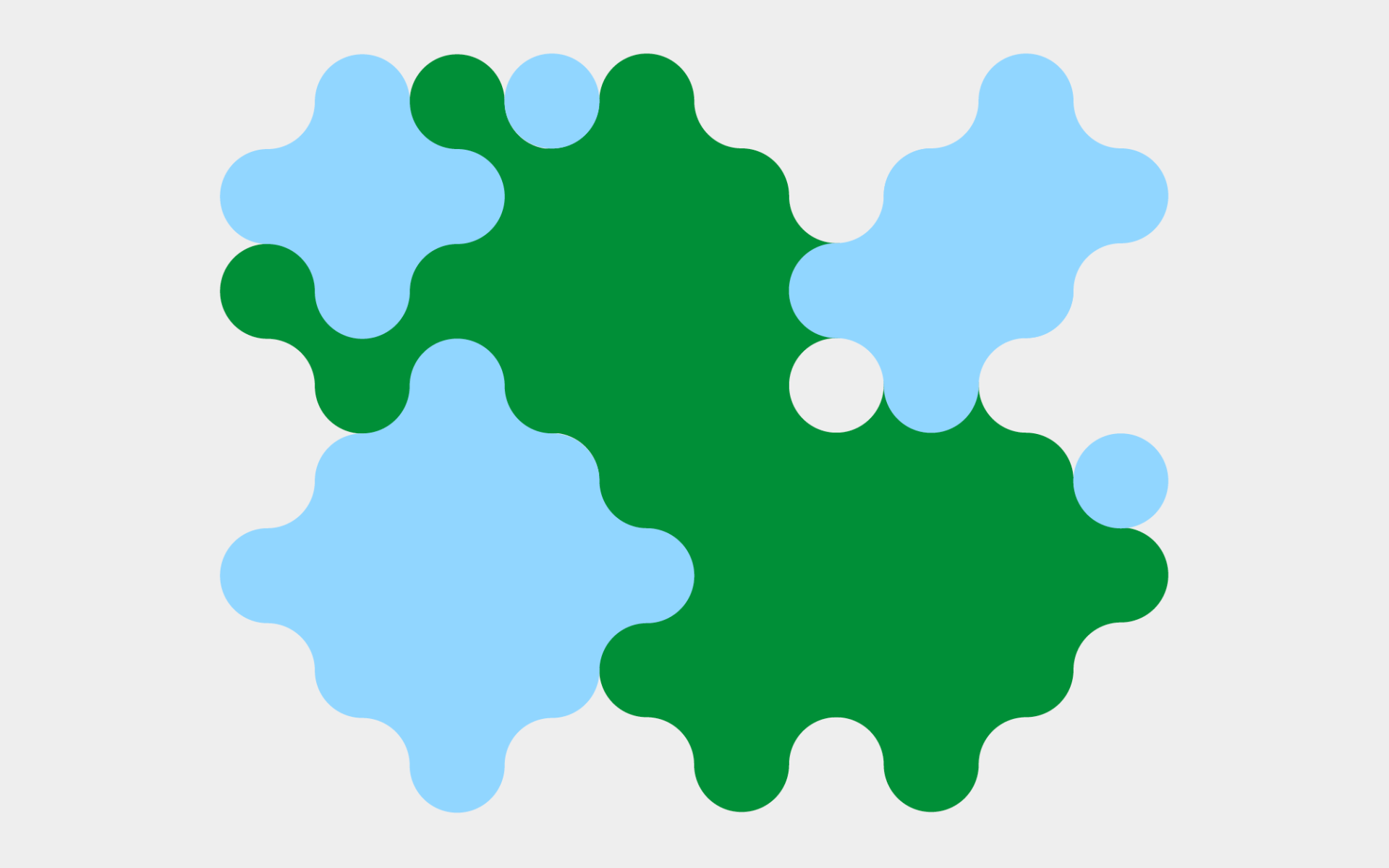

2019
The BabelBox: an Embedded system for Score Distribution on Raspberry Pi with INScore, SmartVox and BabelScores
The slow but steady shift away from printed text into digital media has not yet modified the working habits of chamber music practitioners. If most instrumentalists still heavily rely on printed scores, audiences increasingly access notated music online, with printed scores synced to an audio recording on youtube for instance. This paper proposes to guide the listener and/or the performer with a cursor scrolling on the page with INScore, in order to examine the... Lire la suite
The slow but steady shift away from printed text into digital media has not yet modified the working habits of chamber music practitioners. If most instrumentalists still heavily rely on printed scores, audiences increasingly access notated music online, with printed scores synced to an audio recording on youtube for instance. This paper proposes to guide the listener and/or the performer with a cursor scrolling on the page with INScore, in order to examine the consequences of representing time in this way as opposed to traditional bars and beats notation. In addition to its score following interest for pedagogy and analysis, the networking possibilities of today's ubiquitous technologies reveal interesting potentials for works in which the presence of a conductor is required for synchronization between performers and/or with fixed media (film or tape). A Raspberry Pi-embedded prototype for animated/distributed notation is presented here as a score player (such as the Decibel ScorePlayer, or SmartVox), in order to send and synchronize mp4 scores to any browser capable device connected to the same WIFI network. The corpus will concern pieces edited at BabelScores, an online library for contemporary classical music. The BabelScores pdf works, composed in standard engraving softwares, will be animated using INScore and video editors, in order to find strategies for animation or dynamic display of the unfolding of time, originally represented statically on the page.. L'abandon lent mais certain du texte imprimé au profit des médias numériques n'a pas encore modifié les habitudes de travail des instrumentistes en musique de chambre. Si la plupart s'appuie encore fortement sur les partitions imprimées, le public a de plus en plus accès aux partitions en ligne, synchronisées sur un enregistrement audio sur youtube par exemple. Cet article propose de guider l'auditeur et/ou l'interprète à l'aide d'un curseur défilant sur la page (avec INScore), afin d'examiner ce qu'implique de représenter le temps de cette manière, par opposition à la notation traditionnelle des mesures rythmiques du solfège. Outre son intérêt pour la pédagogie et l'analyse, les possibilités de mise en réseau des technologies omniprésentes d'aujourd'hui révèlent des potentiels intéressants pour des œuvres dans lesquelles la présence d'un chef d'orchestre est requise pour la synchronisation entre interprètes et/ou avec des supports fixes (film ou bande). Un prototype pour la notation animée/distribuée intégré sur Raspberry Pi est présenté ici comme lecteur de partition (tel que le Decibel ScorePlayer ou SmartVox), afin d’envoyer et de synchroniser les partitions mp4 à n’importe quel appareil compatible avec un navigateur connecté au même réseau WIFI. Le corpus concernera des pièces éditées sur BabelScores, une bibliothèque en ligne de musique classique contemporaine. Les œuvres pdf de BabelScores, composées de logiciels de gravure standard, seront animées à l'aide d'éditeurs INScore et vidéo, afin de trouver des stratégies d'animation ou d'affichage dynamique du déroulement du temps, initialement représentées de manière statique sur la page.